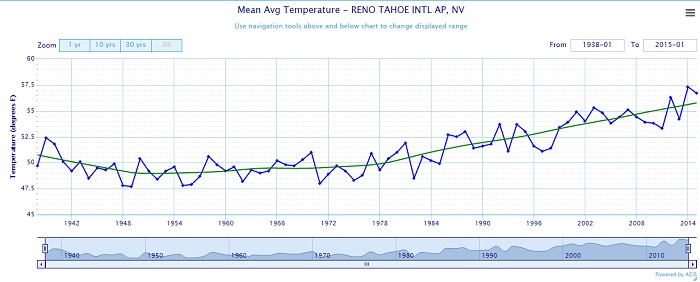| Issue | Description |
| Money in Politics |
Today it costs a lot of money to run for public office. This is even more important in the "down ballot" elections than national issues. The time required to become a candidate, campaign for office before the election means that a lot of people are economically unable to participate - they have to work for a living. The people who can (and do) contribute to campaign finance disproportionally affect who is able to run as well as what they might say. This is one reason that the "issues" usually espoused in an election are often not the most important ones. In fact they are often not even rational. For example, legislating who can and cannot marry whom - who cares? (other than the people getting married!). This effect of money in politics renders some people's voice impotent and makes other, better heeled, voices more potent. This violates an American value called "one person one vote". This is a problem that must be resolved before most other truly important issues can even be properly identified, much less resolved. |
| Global Temperature Change |
The raw historical data makes the existence of global warming an undeniable truth. Some folks will quibble about the cause. The observed atmospheric CO2 increase unquestionably looks like a "smoking gun" and no potential natural causes for the increase have been identified or observed. Whatever the cause, it is way past time to start planning how to cope with the effects of this, let alone how to mitigate it. This is a problem. We delay at our peril.  |
| What is a person? |
The Supreme Court has held for the last century or so that a corporation is legally a person and has all the rights and privileges of personhood. If you or I did or did not do something that resulted in our being convicted of, for example, manslaughter, we would be put in jail for some number or years. The effect this incarceration would have on our economic life or on those whom we support is generally held to be not relevant in the matter. If manslaughter is the result of something a corporation did or did not do, the corporation is not imprisoned. There's nothing physical to imprison. Some might argue that the economic equivalent of corporate incarceration is a bad idea because it would adversely affect innocent bystanders, i.e. employees, contracts with other corporations and so forth. Thus the effect that corporate incarceration would have on the economic life of those the corporation supports is generally held to be very relevant in the matter. This is one basic inequality between a human person and a corporate person, an inequality that violates the "equal protection" clause of Fourteenth Amendment to the US Constitution. As far as I know, this issue has never been litigated. The idea that a corporation and a person are legally the same thing is absurd on it's face, as the above example demonstrates. Unfortunately, that is how our laws are currently interprited by the courts. This is a problem. |
| Rule of Law |
The Fourth Amendment of the US Constitution explicitly denies authority to the Federal government to spy on the people for any reason, unless they have a warrant, issued on "probable cause, supported by Oath or affirmation, and particularly describing the place to be searched, and the persons or things to be seized." This makes no distinction between spying on the "evil empire" (whoever that happens to be at the moment) and monitoring middle school students for crimes like "cyber-bullying". Both are equally unconstitutional. Historicaly, this was the result of a very effective "stop and frisk" program implemented by the British military during the American Revolutionary War. Clearly, more recent stop & frisk programs were precisely what the authors of the Fourth Amendment intended to prevent. The larger issue here is, when is it appropriate for the government to ignore the rule of law? The NSA argument that spying enables the prevention of attacks assumes that expediency trumps the rule of law. The school argument that by spying they can prevent cyber-bullying assumes that expediency trumps the rule of law. There are other historical precedents going back at least as far as President Jackson and the Trail of Tears, circa 1830. The continuation of this kind of governmental misbehavior is clearly evident in the Snowden revelations. We need to carefully examine the question "when is it appropriate for the government to ignore the rule of law?" Clearly, there is no simple answer to this problem. |
© 2016 by Glenn Thomas